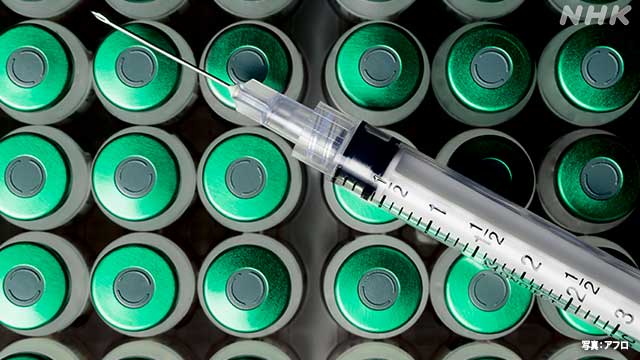A study by the International University of Health and Welfare found that people who think they are in poor health are less likely to trust the safety of the new coronavirus vaccine.
Experts who conducted the survey said that people with chronic illnesses may be concerned about safety.
The survey was conducted by Professor Koji Wada of the International University of Health and Welfare, a member of the expert meeting of the Ministry of Health, Labor and Welfare, for three days from the 5th of this month, targeting people in their 20s and 60s in 1 metropolitan area and 3 prefectures. And received responses from about 3,200 people.
When asked if they trust the safety of the new coronavirus vaccine,
8.0%
answered "I agree" and 47.5% answered "Somewhat agree", which is the majority of the total, while
▽ “I don't think so much” was 33.6%, and
▽ “I don't think so” was 11.0%.
The degree of trust in safety is higher for those who think that they are healthy, and
62.0% of those who think that they are healthy
say
that they trust it, while
those who do not think that they are healthy. Then it was 34.5%.
On the other hand,
▽ 65.5% of those who do not think that they are healthy answered that they do not trust them, and in all age groups, those who feel unhealthy are less reliable.
Professor Wada said, "People with a higher risk of aggravation, such as having a chronic disease, may feel anxious about the vaccine. It is necessary to publish information on side reactions with high transparency and explain the effects firmly. ".

